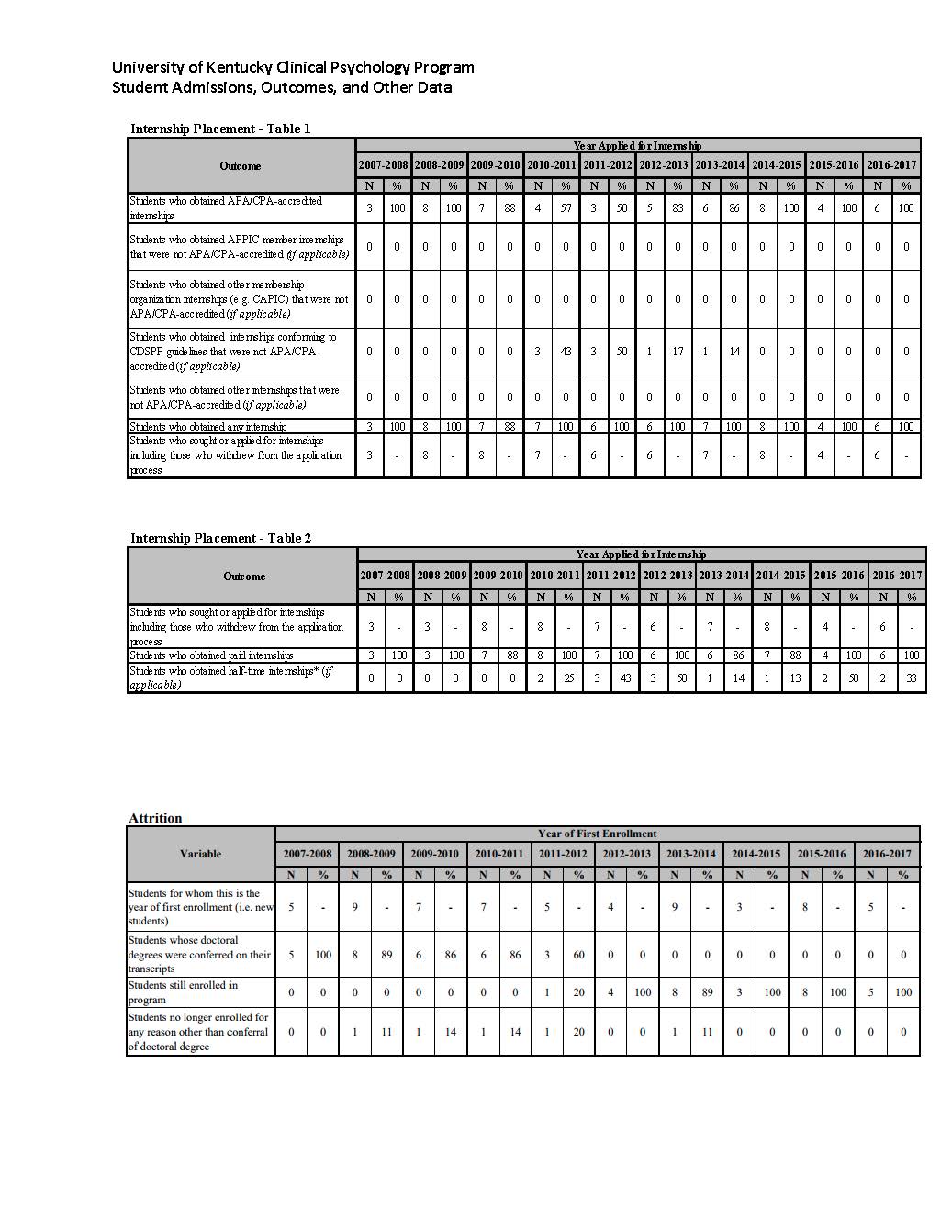Advance Your Understanding of the Human Mind with a Master's in Psychology Online The importance of behavior as a factor in addressing social issues is becoming increasingly obvious. Radical transformations in globalization are having a discernible impact on the psychological well-being of individuals, communities and organizations worldwide. The accredited master’s in psychology online at Southern New Hampshire University prepares you to become an important part of the diagnosis and solution for employers seeking to maximize an organization’s performance. You’ll deepen your understanding of research methods, cognitive psychology, social psychology, personality, learning theory and ethical practice while focusing on the real-world application of psychological research. See Yourself Succeed with an MS in Psychology Our master's in psychology online degree program offers the flexibility to pair your psychology studies with the exploration of complementary disciplines. The eight-course core features classes in psychology research, measurement, ethics and more. The MS in Psychology degree culminates in a capstone and seminar, in which you'll integrate all you've learned into a faculty- and peer-reviewed project centered on a contemporary issue in psychology. As a private, nonprofit university, SNHU has one mission – to help you see yourself succeed.

The benefits of earning your master's in psychology at SNHU include: • Affordability. Take advantage of some of the most affordable tuition rates in the nation • Convenience. Attend class when it’s convenient for you - online education means 24/7 access • Efficiency and flexibility. Complete your graduate degree in as few as 15 months, with two courses per 10-week term • Expert instruction. Learn from instructors with relevant, real-world experience • Minimal requirements. No GRE or GMAT required for admission • Networking.
Tap into our nationwide network of alumni for internship and career opportunities • Student support. Count on the ongoing support of dedicated academic and career advisors specialized in your area of study. The online master’s in Psychology degree program requires individuals to have earned a BA/BS in Psychology or a bachelor’s degree in another discipline and have completed undergraduate coursework in the following three areas: • Introduction to Psychology • Social science statistics • Research methods in a social science For those who do not meet the minimum requirements, the following courses may be required: • PSY-500: Foundations of Psychology • SCS-501: Foundations in Statistics • SCS-502: Foundations in Research Methods This program does not prepare you for state licensure. Career Outlook Our master's in psychology online degree program will position you to pursue doctoral-level coursework or a career in health services, criminal justice, education or human resources. Upon graduation, you’ll possess the knowledge, skills and dispositions necessary for affecting change within people and organizations. While this online degree does not lead to any form of licensure, you'll graduate from SNHU with an understanding of psychological theory and methods applicable in a variety of nonprofit, corporate and education settings. Leadership and Ethics is a course that focuses on the ways current and emerging leaders assess the values that influence their actions.
Of psychology, often including statistics and. Related to graduate programs in psychology in. Admission to Graduate School in Psychology. The School of Arts and Sciences, Rutgers, The State University of New Jersey. The UCLA Psychology Department offers graduate Ph.D. Captain Underpants Font more. Training (there is no separate M.A. Program) with area emphases in Behavioral Neuroscience. Admission to the counseling psychology, forensic psychology or school psychology program is based on an evaluation by the program's admission committee of the following information. A 1-2 page essay that states the applicant's reasons for applying to the program and the applicant's career goals.
The course draws on the rich tradition of great thinkers as well as the extensive body of leadership literature to examine the critical role ethics plays in leadership. The course, conducted in seminar format, is a process course. It is only through thoughtful reading, reflections, writing, and discussion that students are able to recognize and shape the qualities they see valuable for their own leadership roles, both personally and professionally. This course is designed to create a supportive environment where both women and men can learn about challenges and opportunities facing women in the workplace. Historically, women have had less access to leadership positions; however, over the past fifty years they have made tremendous strides to succeed in all levels of organizations. Topics will include why women matter and reasons for inequities in the workforce, the historical context of women and leadership, do men and women lead differently, work/life/family balance issues, professional skill development (networking, mentoring, negotiation, risk-taking), entrepreneurship and executive leadership, advancing societies by advancing women and strategies and tactics for women to act as change agents.